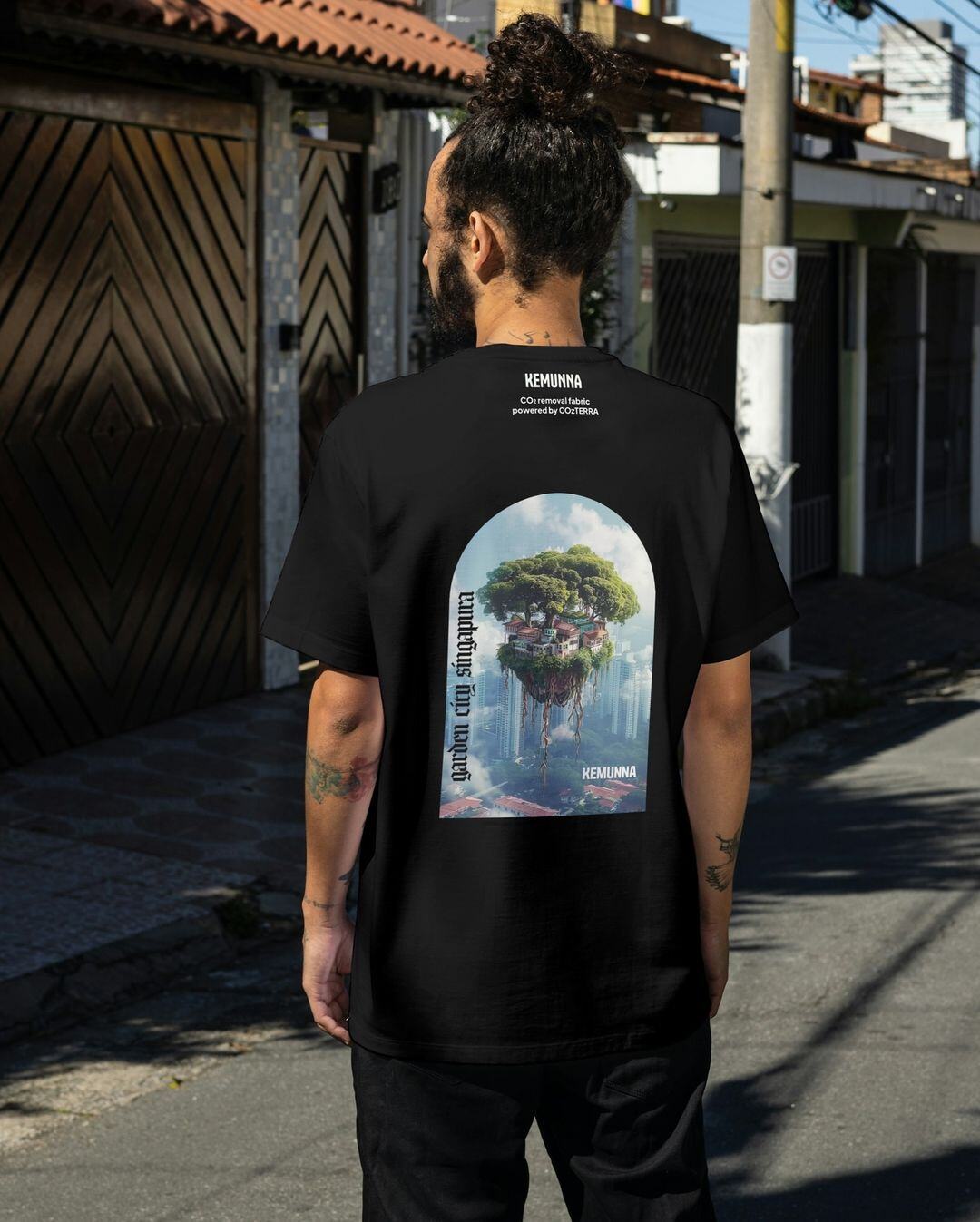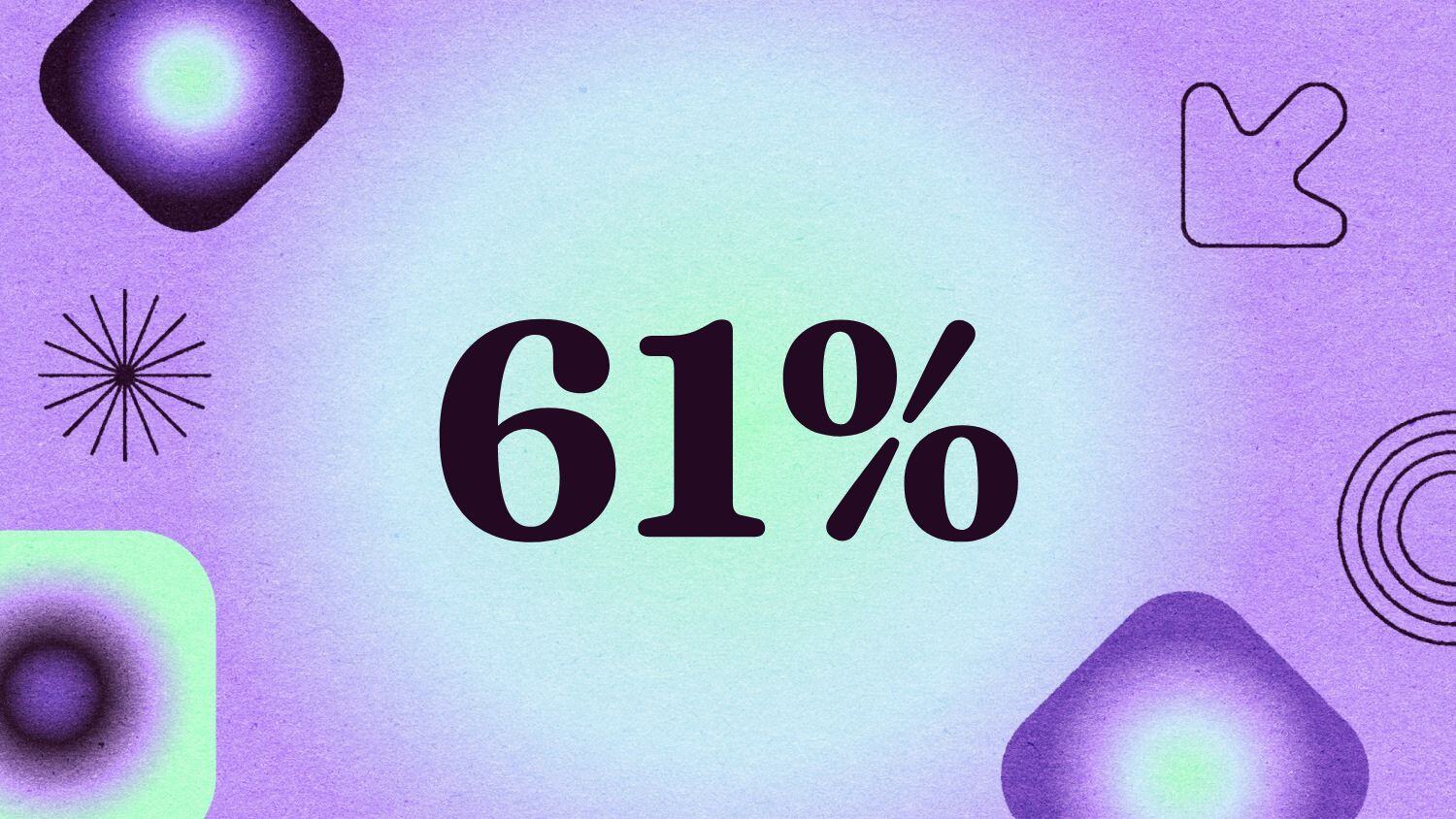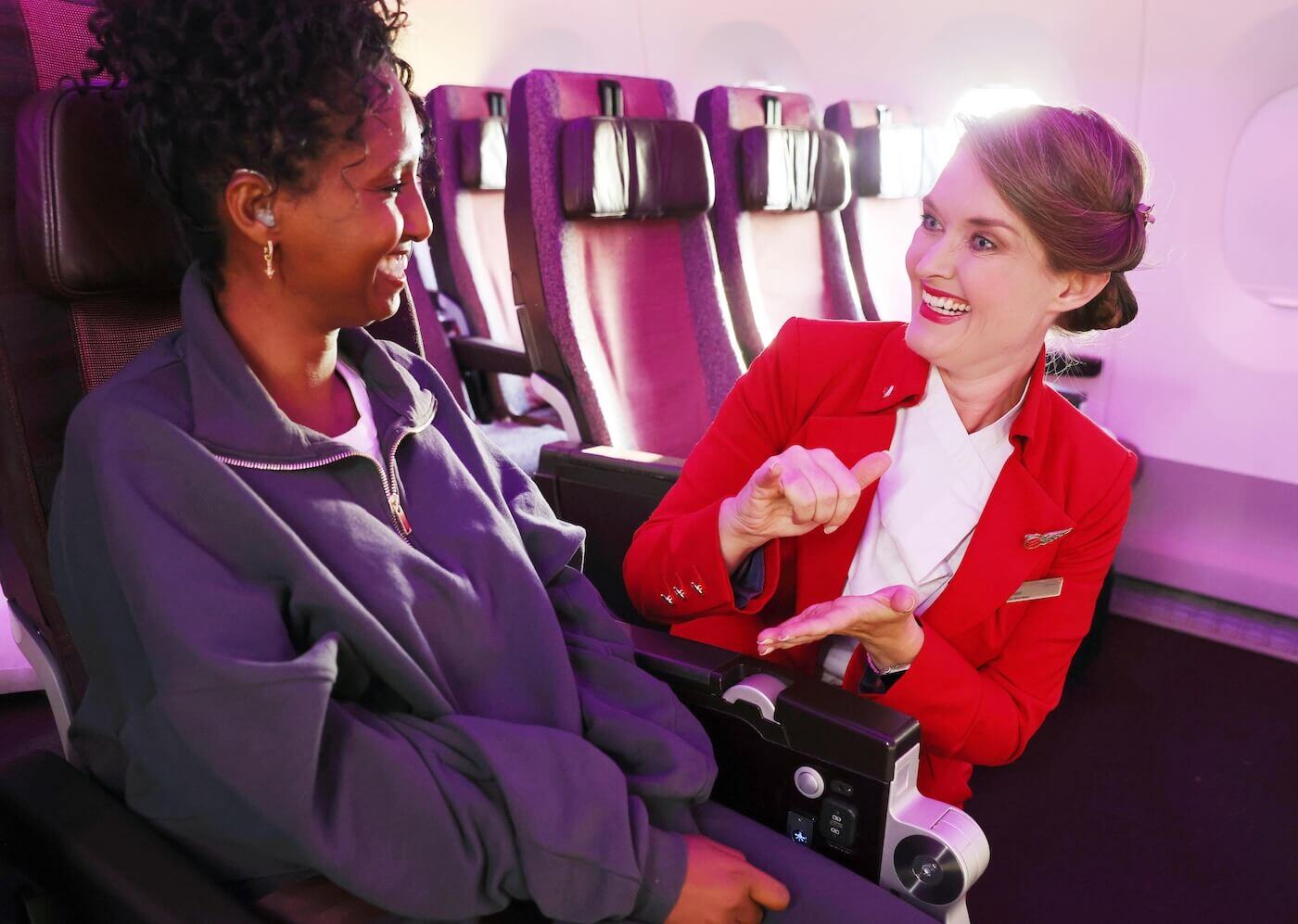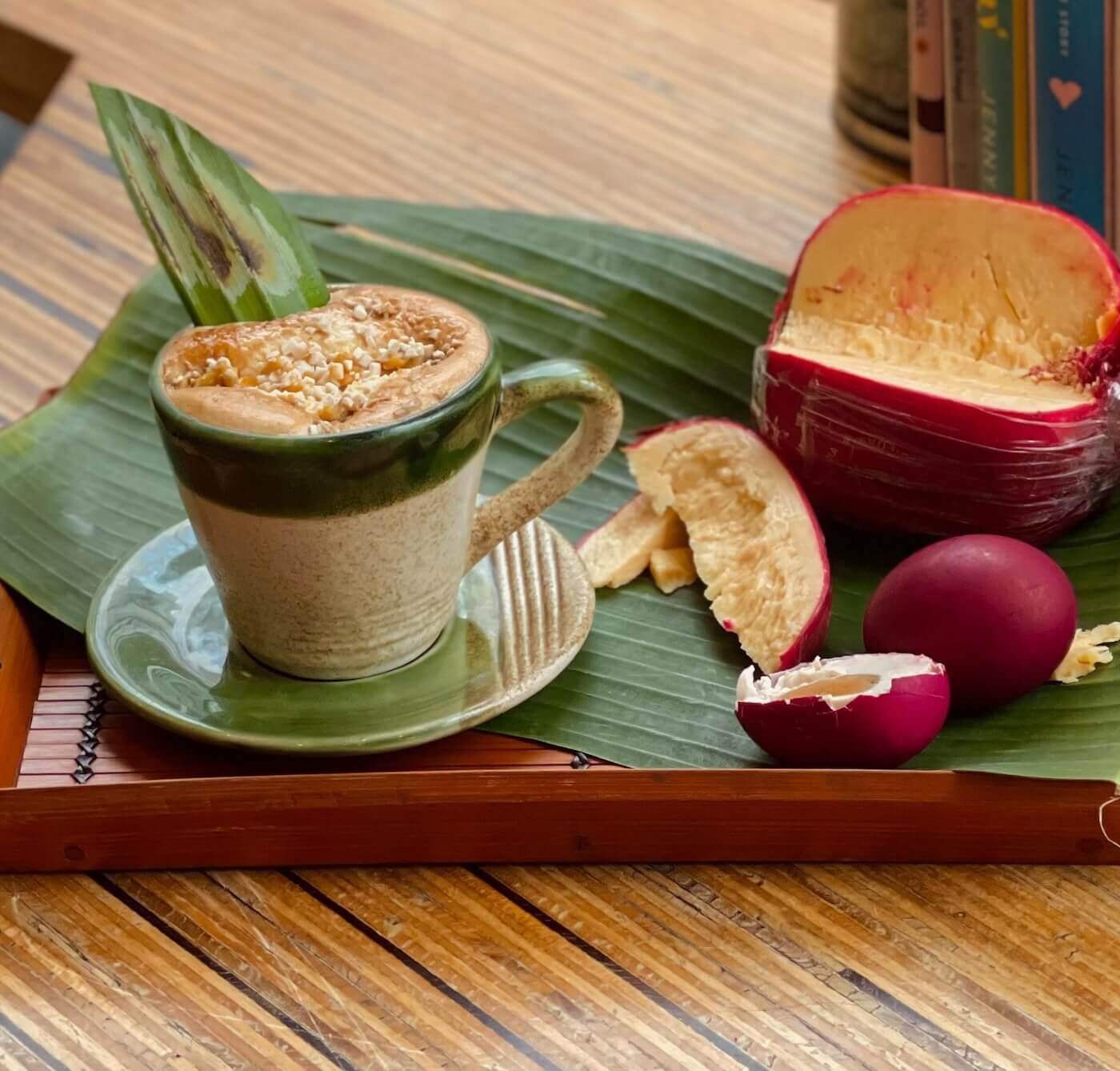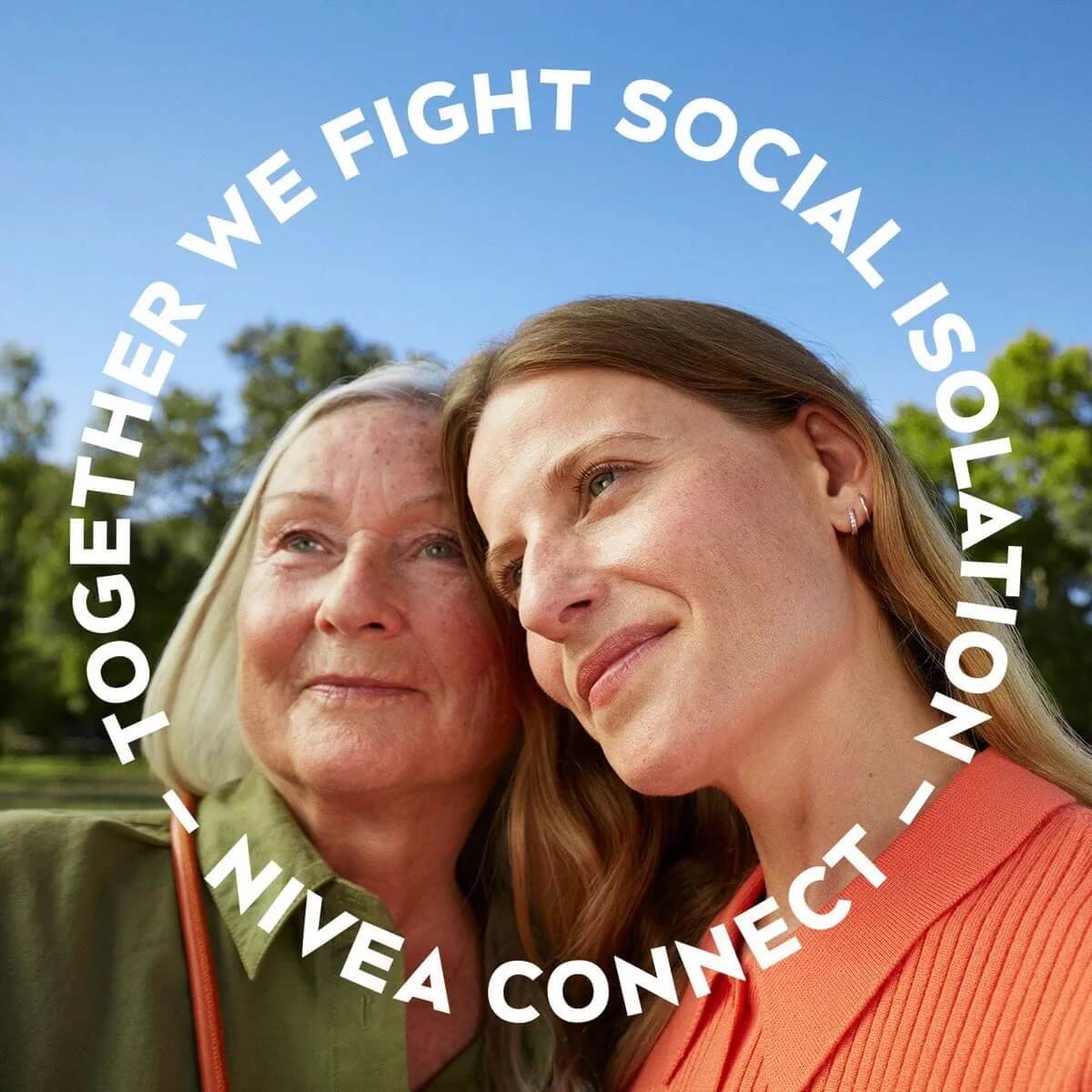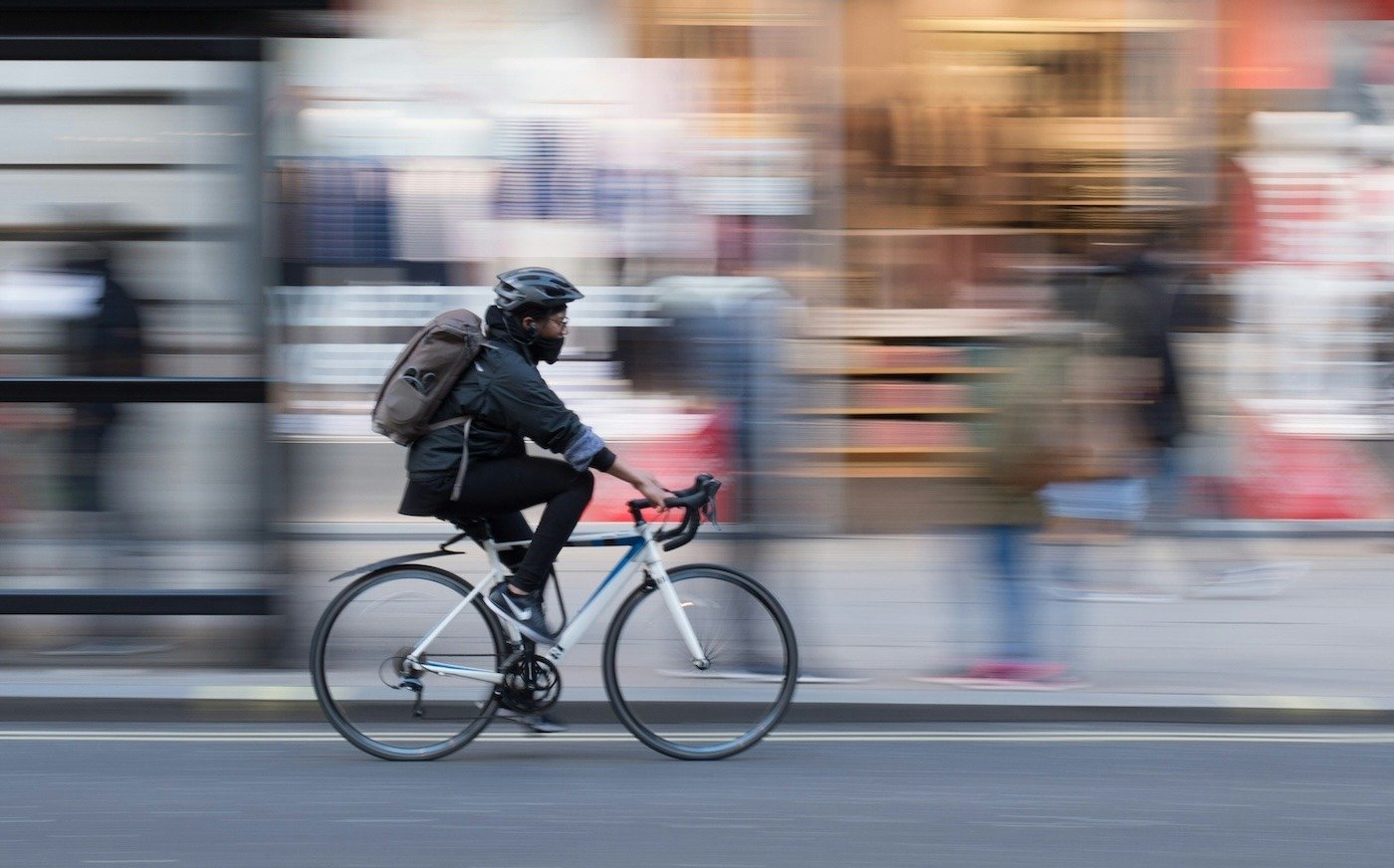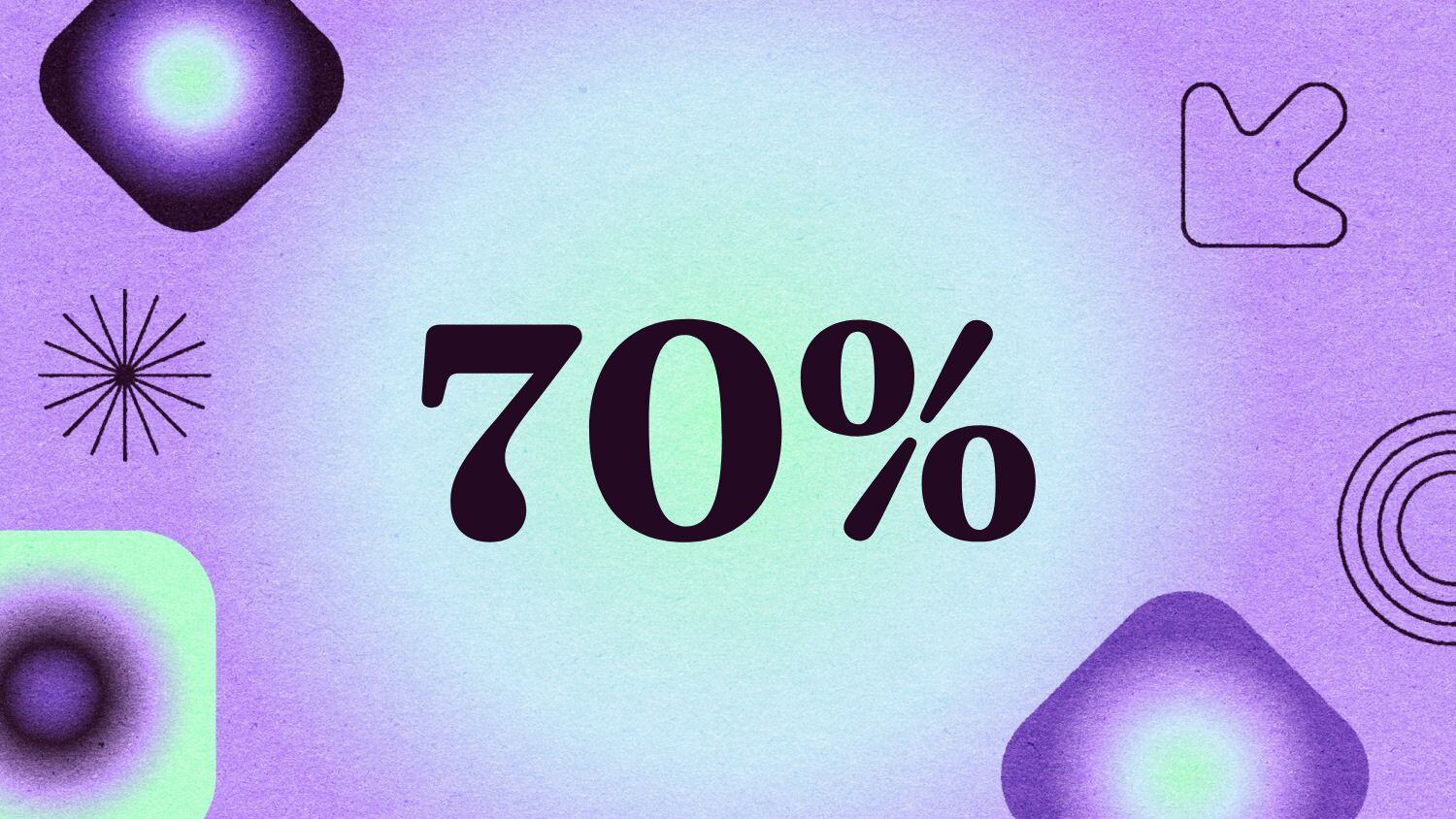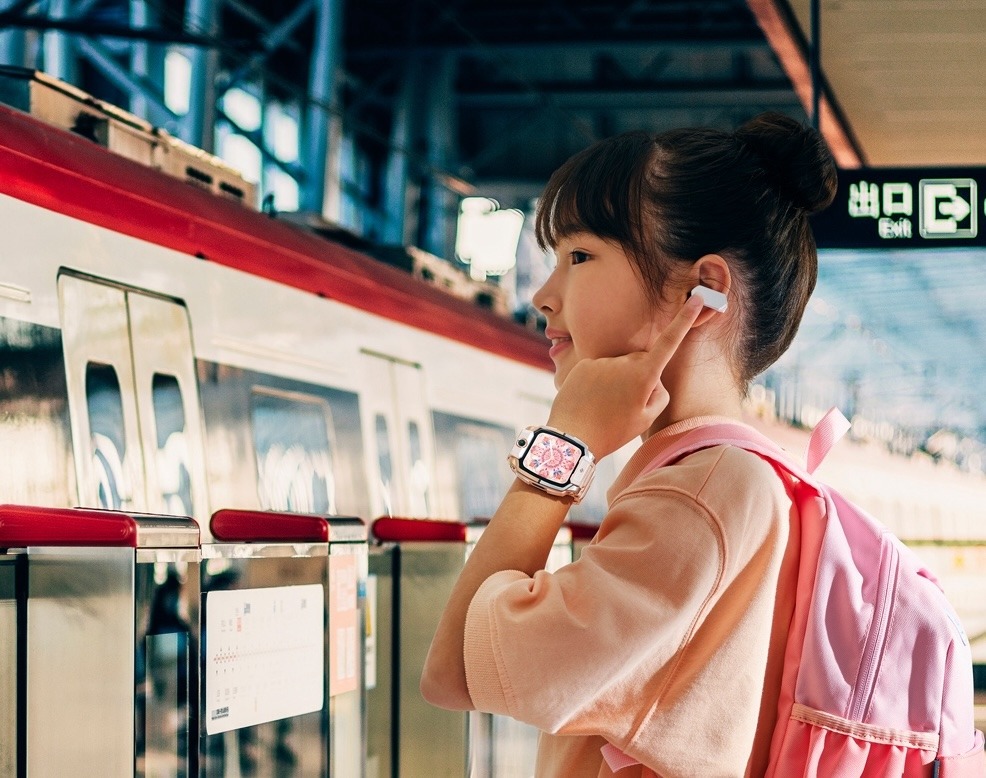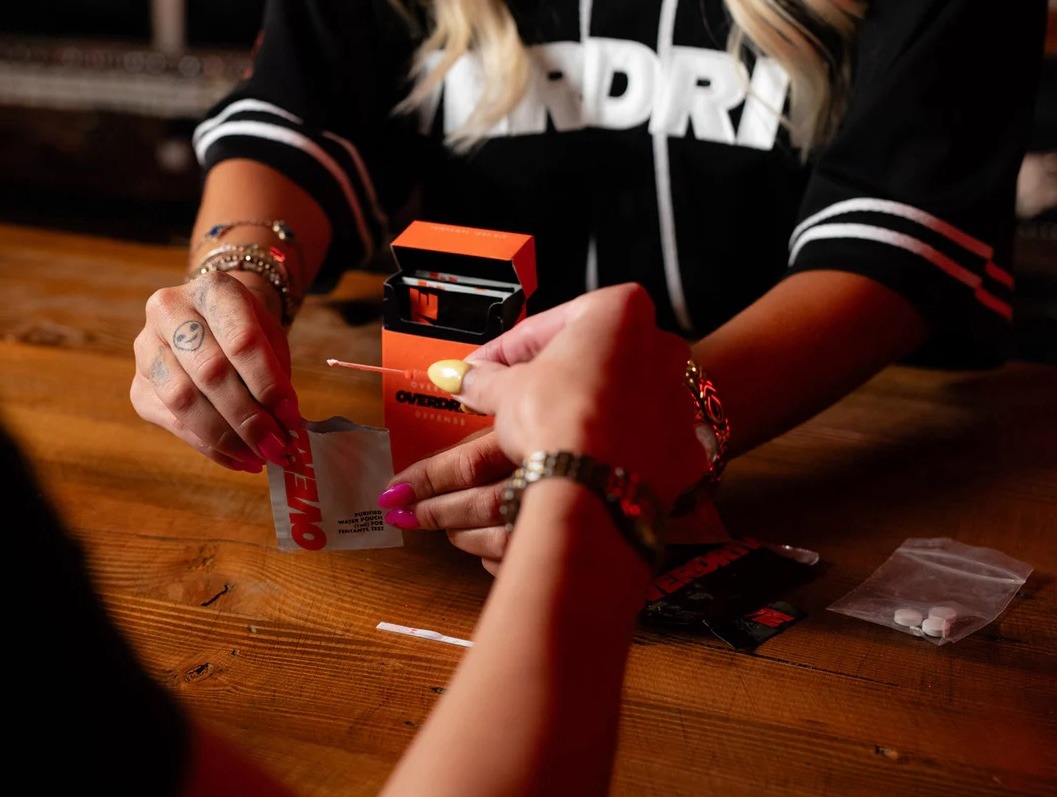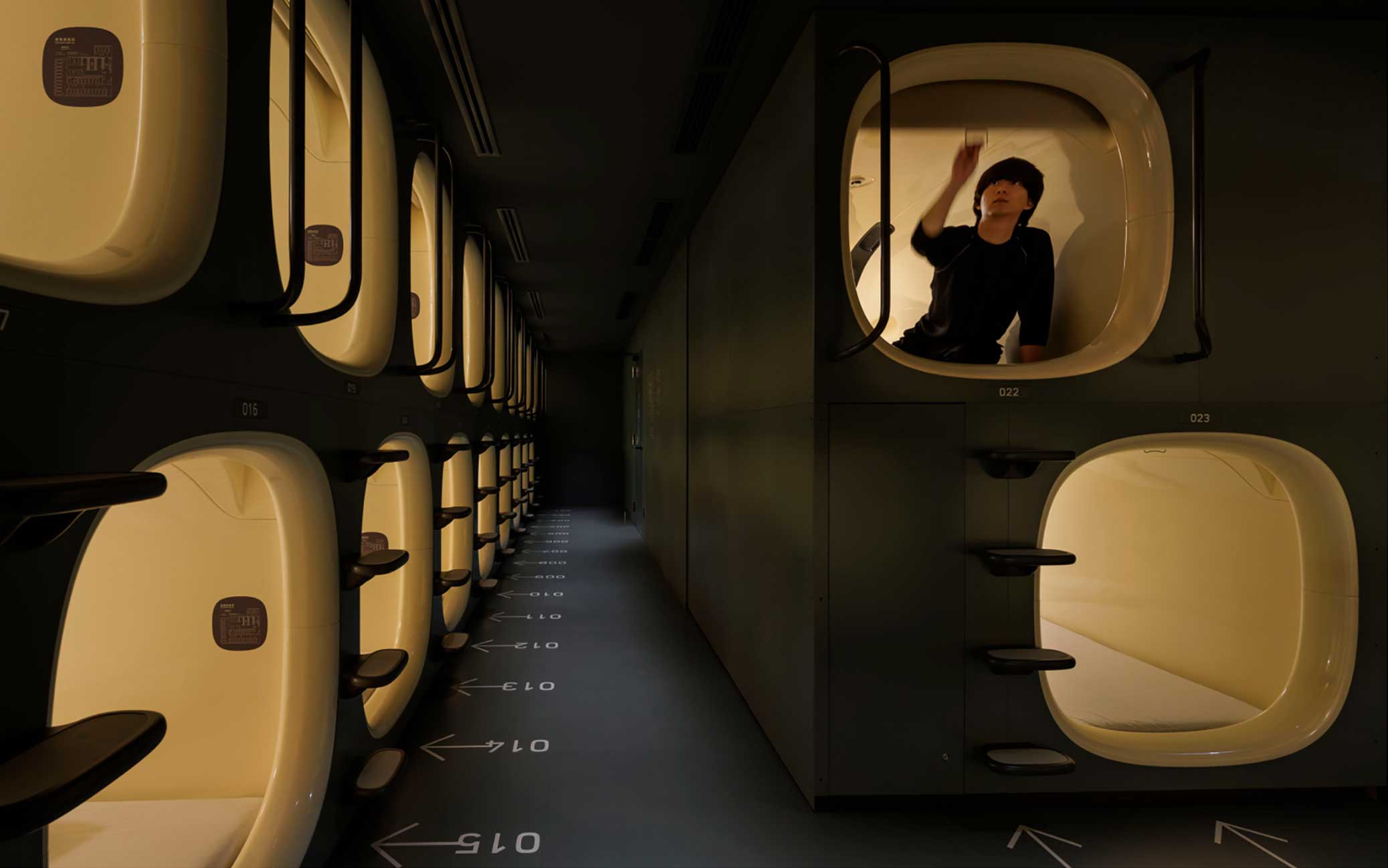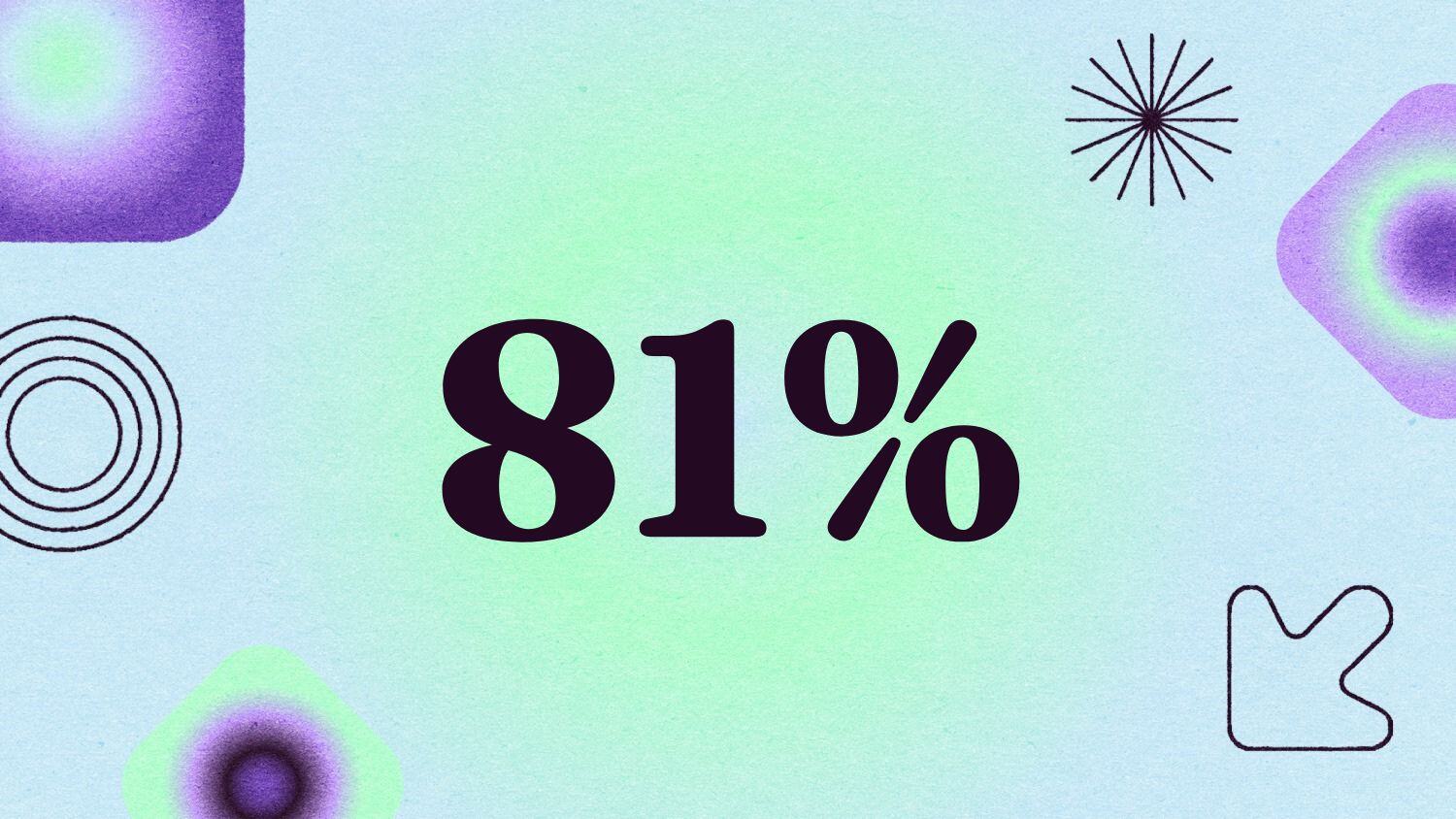At this year's London Fashion Week, Malwee — one of Brazil's largest names in everyday clothing — announced a t-shirt capable of capturing carbon dioxide from the atmosphere. The Ar.voree t-shirt, which borrows its name from árvore, the Portuguese word for tree, absorbs CO2 while worn. When the t-shirt is washed, the captured CO2 reacts with regular laundry detergent and is broken down into sodium bicarbonate. Absorbent agents in the fabric are simultaneously recharged, and the process can start all over again: wear, capture, wash, repeat.
Malwee partnered with Singapore-based startup Xinterra, which combined AI and high-throughput experimentation to develop its COzTERRA fabric finish from scratch to patent application in just 11 months. Malwee will be rolling out Ar.voree t-shirts later this year and claims a single tee can capture 12.6 grams of CO2, with 25 shirts absorbing as much as one mature tree does in a day.
Meanwhile, new Singapore label Kemunna just opened waitlists for its two inaugural t-shirts, both of which were treated with COzTERRA. One simply says, "CO2 capture in progress," while the other fittingly references then Prime Minister Lee Kuan Yew's 1967 vision of transforming Singapore into a green and lush Garden City and shows iconic Peranakan shophouses "reimagined with an AI solar-punk twist."
👕🫧 By turning a ubiquitous piece of clothing into an active participant in fighting climate change, COzTERRA, Malwee and Kemunna challenge conventional notions of eco-friendly fashion. As COzTERRA puts it, the textile treatment enables every human to become a CO2 removal agent. One to get it on early?
Select your country
- Argentina
- Australia
- Austria
- Belgium
- Brazil
- Cambodia
- Canada
- Chile
- China
- Colombia
- Costa Rica
- Croatia
- Czechia
- Denmark
- Estonia
- Finland
- France
- Germany
- Ghana
- Greece
- Guatemala
- Hong Kong
- Hungary
- Iceland
- India
- Indonesia
- Ireland
- Israel
- Italy
- Japan
- Kenya
- Latvia
- Lithuania
- Malaysia
- Mexico
- Morocco
- Netherlands
- Nigeria
- Norway
- NZ
- Paraguay
- Phillippines
- Poland
- Portugal
- Puerto Rico
- Romania
- Serbia
- Singapore
- Slovakia
- Slovenia
- South Africa
- South Korea
- Spain
- Sweden
- Switzerland
- Taiwan
- Thailand
- Turkey
- UAE
- UK
- Ukraine
- US
- Uruguay
- Venezuela
- Vietnam
Select your country
- Argentina
- Australia
- Austria
- Belgium
- Brazil
- Cambodia
- Canada
- Chile
- China
- Colombia
- Costa Rica
- Croatia
- Czechia
- Denmark
- Estonia
- Finland
- France
- Germany
- Ghana
- Greece
- Guatemala
- Hong Kong
- Hungary
- Iceland
- India
- Indonesia
- Ireland
- Israel
- Italy
- Japan
- Kenya
- Latvia
- Lithuania
- Malaysia
- Mexico
- Morocco
- Netherlands
- Nigeria
- Norway
- NZ
- Paraguay
- Phillippines
- Poland
- Portugal
- Puerto Rico
- Romania
- Serbia
- Singapore
- Slovakia
- Slovenia
- South Africa
- South Korea
- Spain
- Sweden
- Switzerland
- Taiwan
- Thailand
- Turkey
- UAE
- UK
- Ukraine
- US
- Uruguay
- Venezuela
- Vietnam

